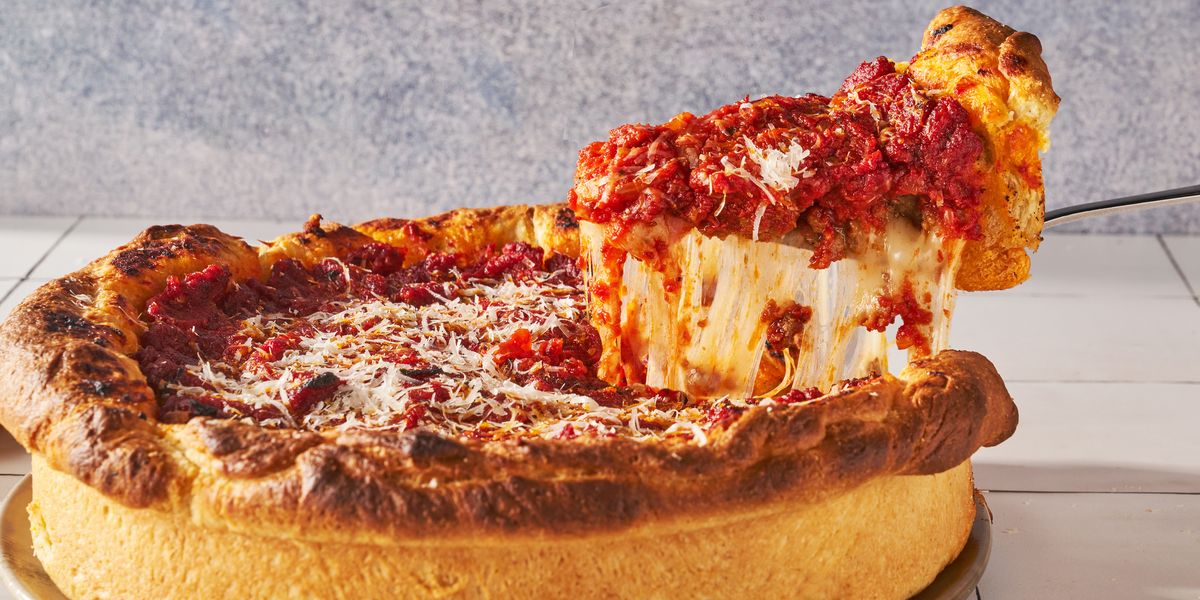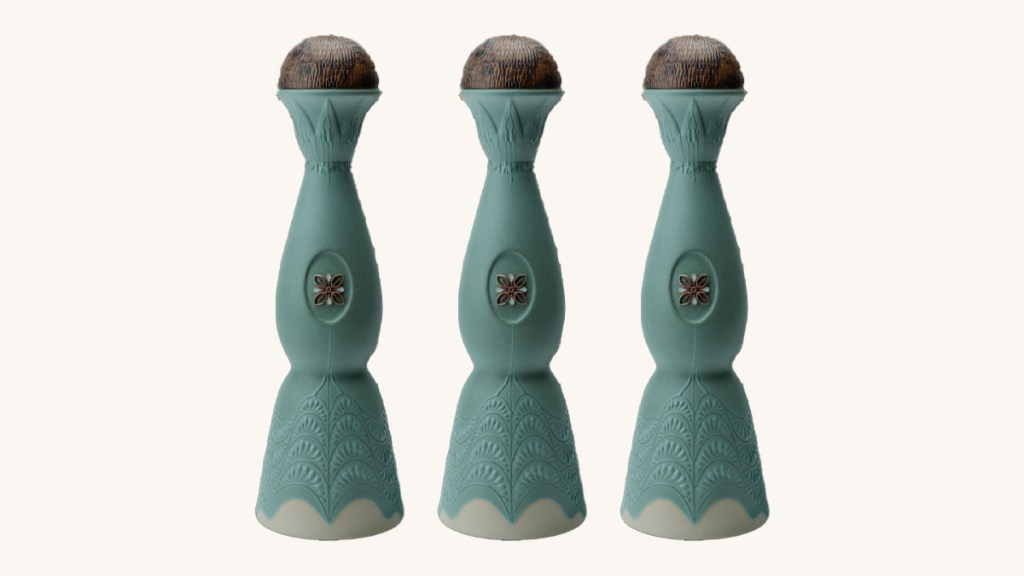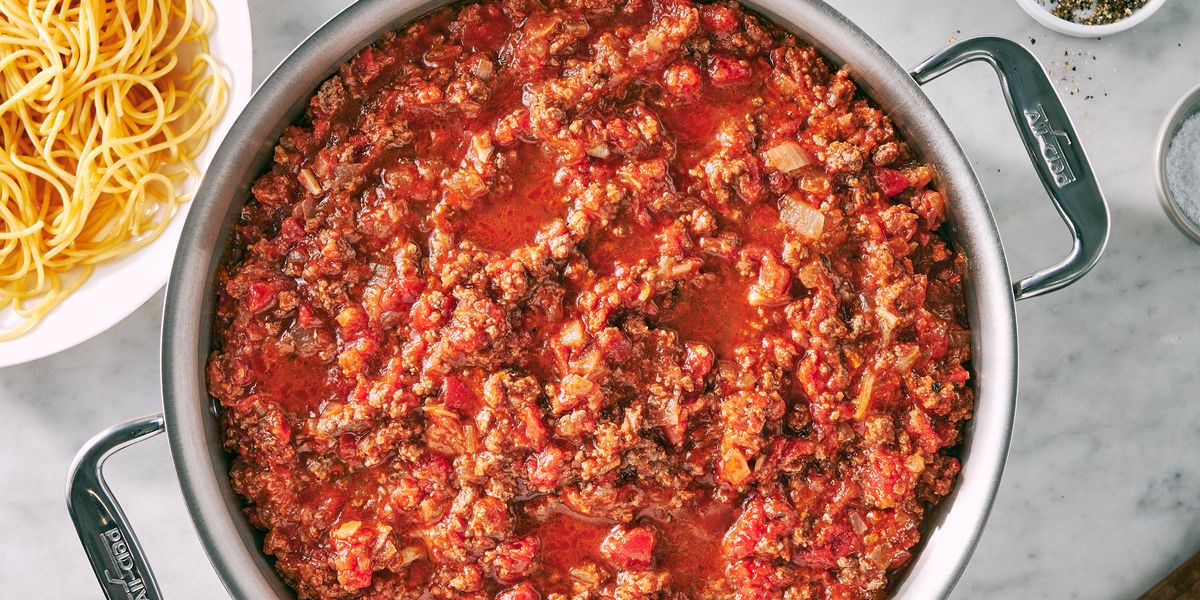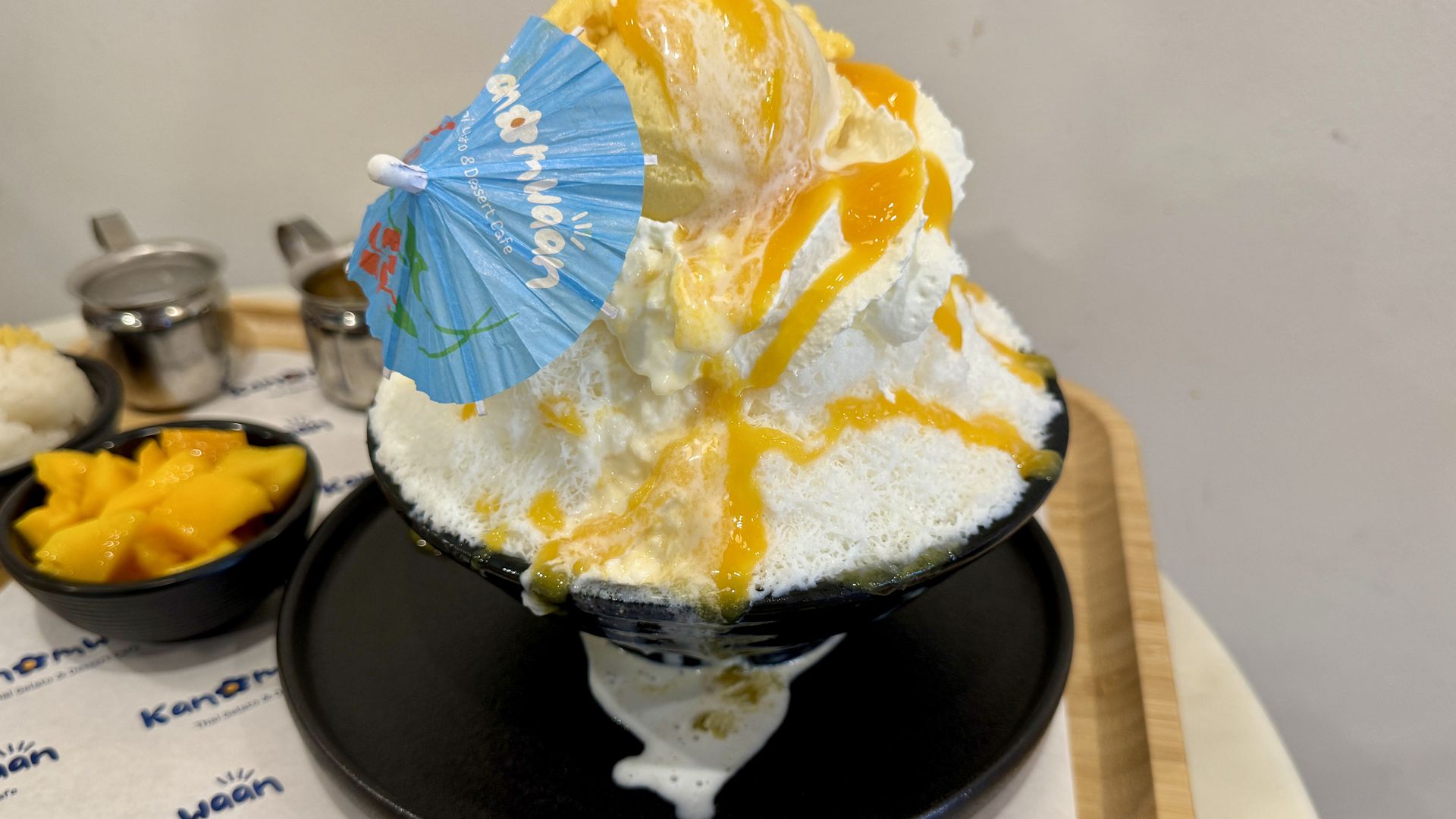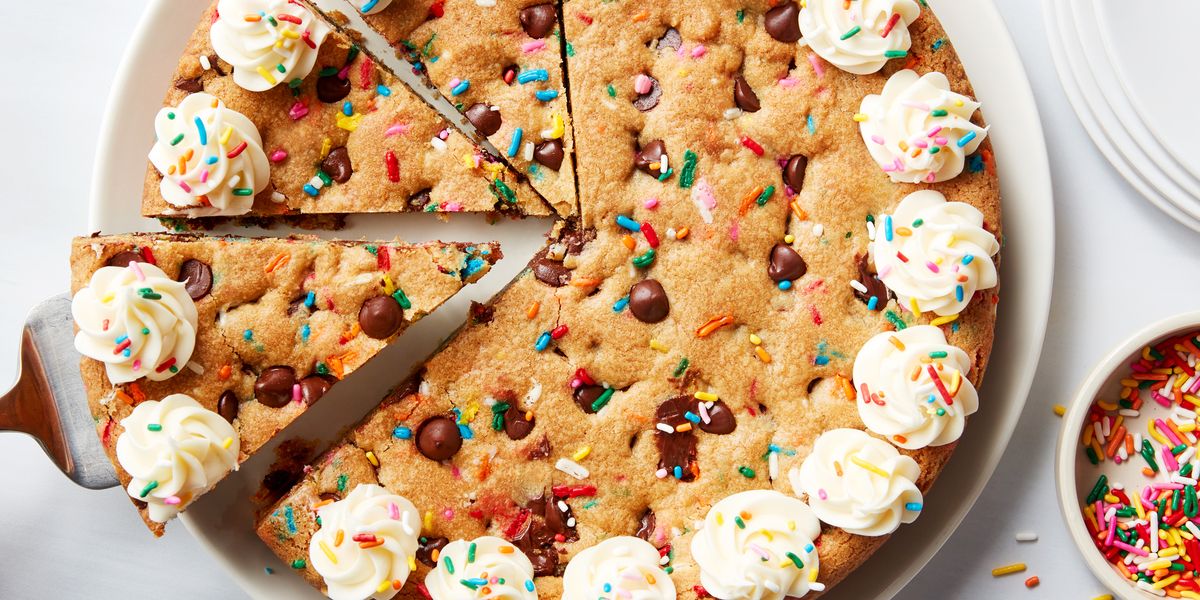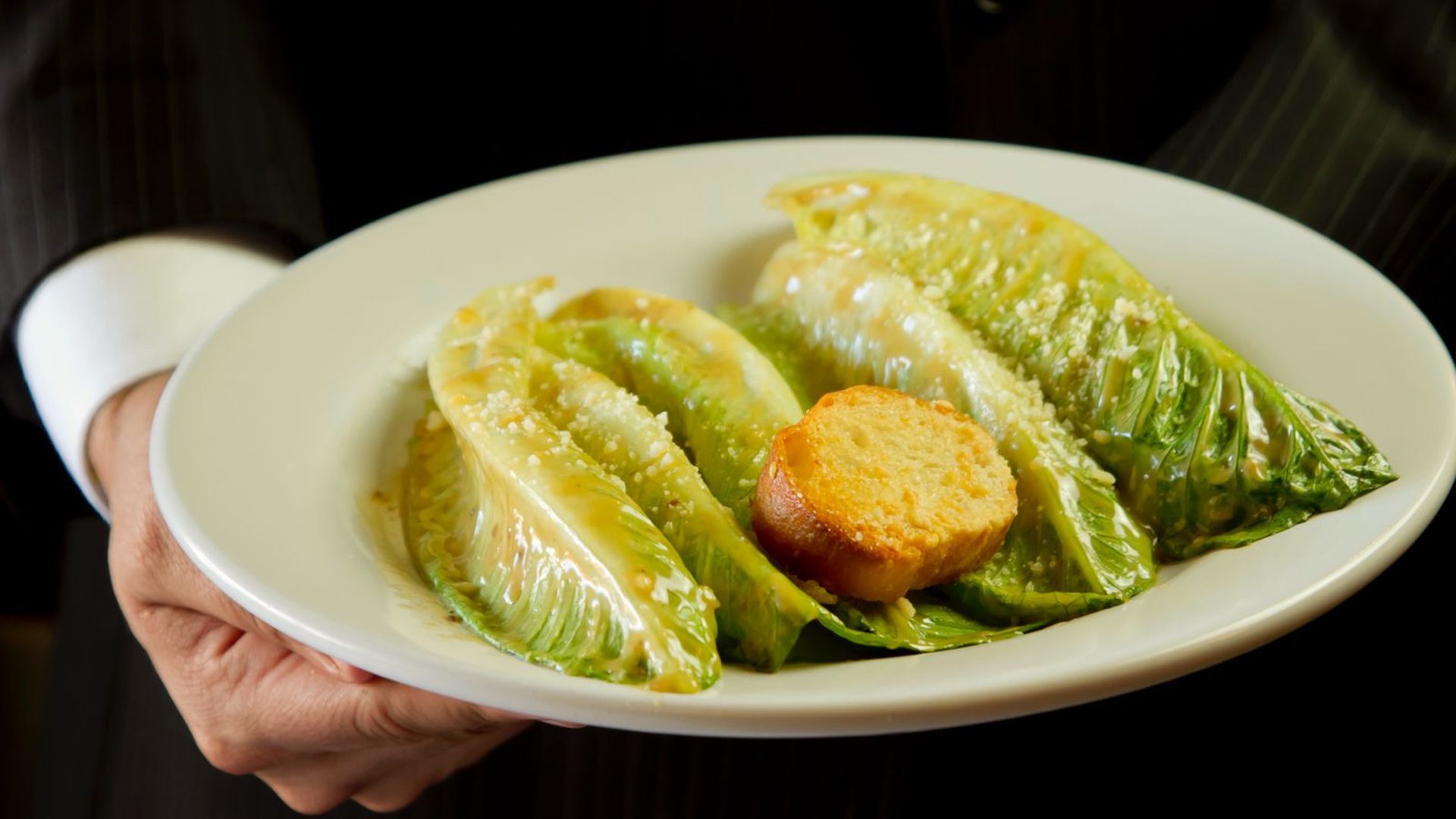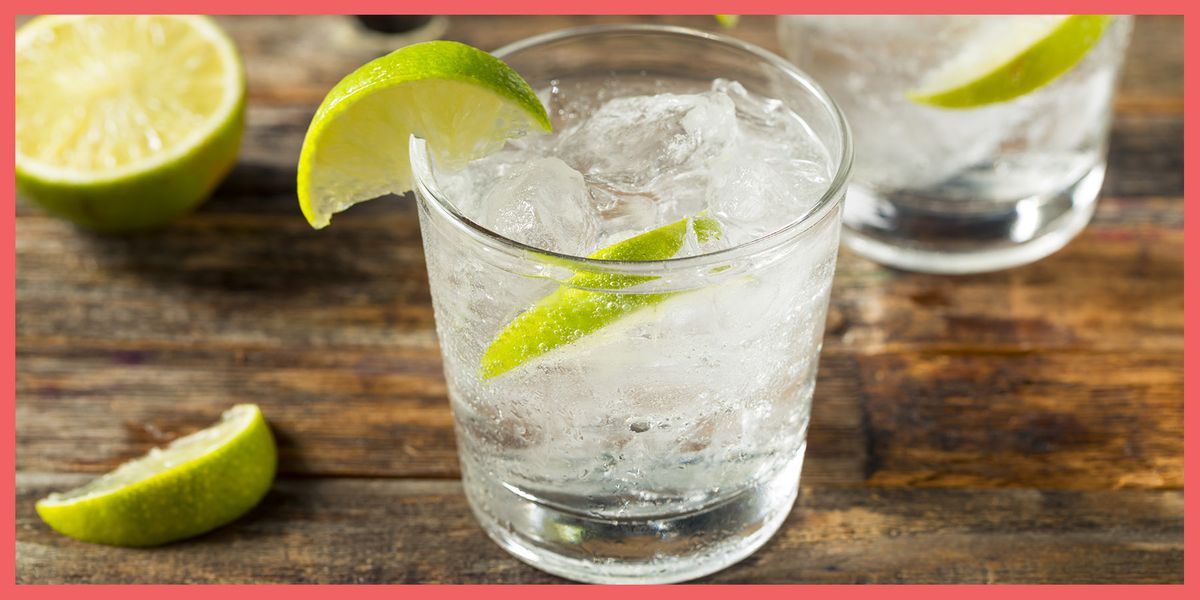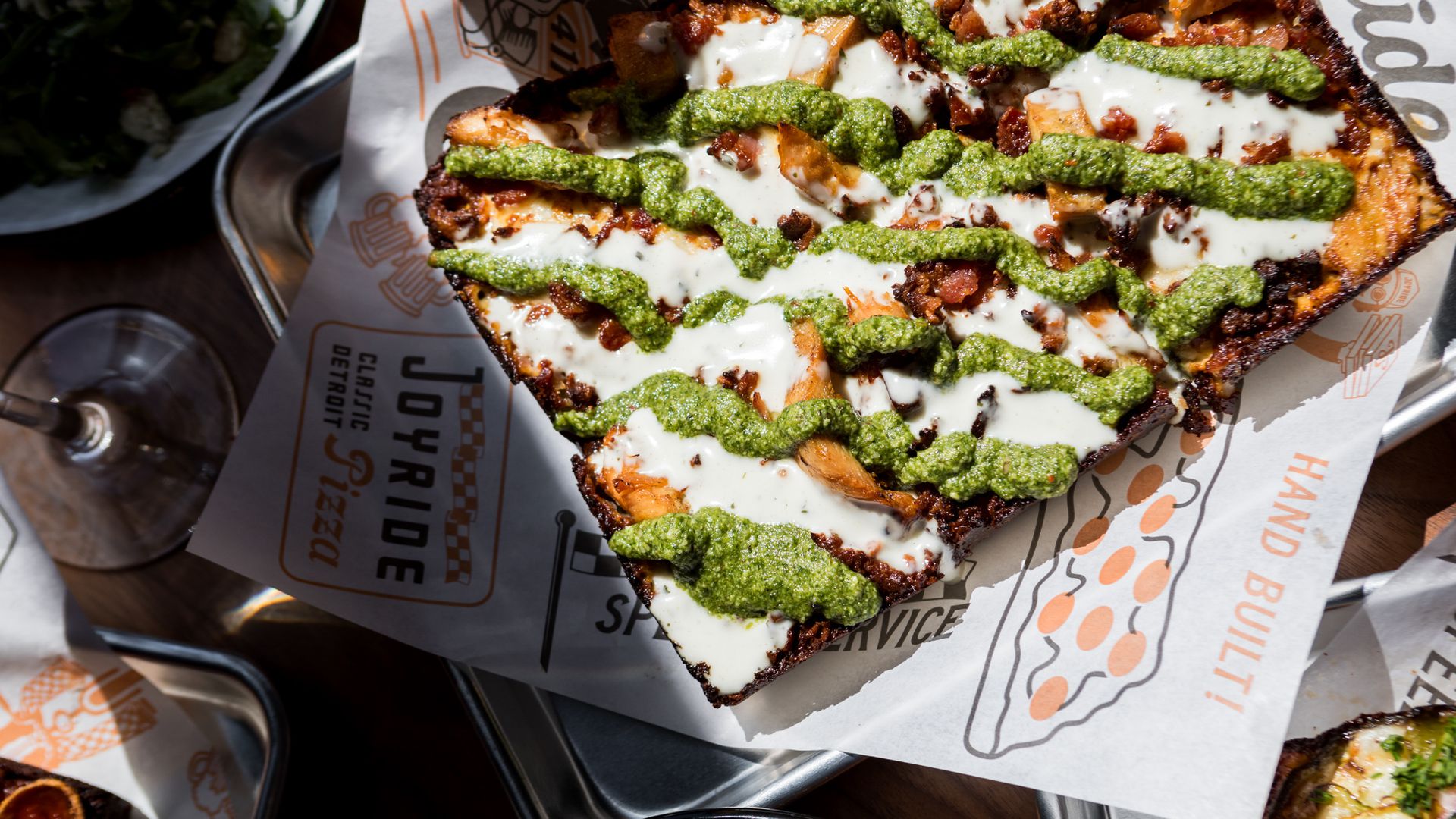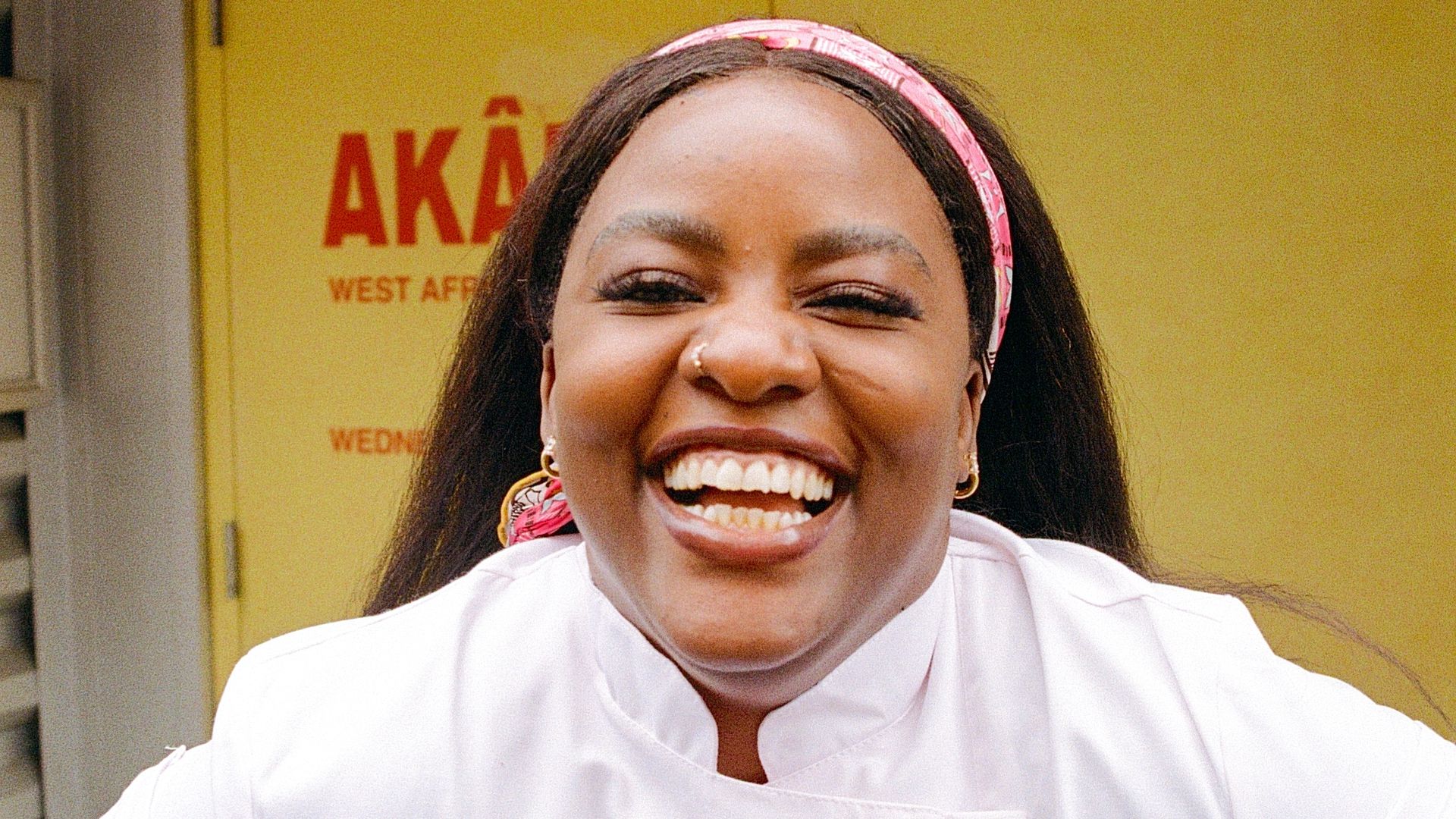
WHERE AKADI OWNER FATOU OUATTARA DINES IN PORTLAND
Welcome to Dining Confidential, a monthly column in which local chefs talk about their favorite restaurants, bars, and cafes in Portland, highlighting their own restaurant’s ethos and sharing fun personal takes. Know of a chef you’d like to see featured? Let us know via our tip line.
Fatou Ouattara’s bright smile and booming laugh reflect the joy and gratitude she has for where she is now. In the depths of the pandemic, when many restaurants could barely tread water, Portland’s dining community showed up for her West African cooking at the original iteration of her restaurant Akadi, ordering so much takeout that Ouattara became overwhelmed. “We were trying to figure out how to serve people better and still offer authentic, traditional dishes,” she says. “When cooking started becoming stressful, I wasn’t as creative.”
So Ouattara closed up shop and moved home to the Ivory Coast for nearly two years, reconnecting with her mom and sisters in the kitchen — and refinding, for herself, what made cooking fun. Back in her groove, she returned stronger to Portland, opening the new Akadi space on SE Division in mid-2022. Since then, the restaurant and chef have soared, with 2024 milestones that already include a James Beard Foundation dinner in Phoenix, a kitchen takeover with the Portland Trail Blazers, an opportunity to speak at Reed College, catering for Wieden+Kennedy, pop-ups, collaborations, and Afrobeat nights at the restaurant that help bring the African nightlife scene to Oregon.
Ouattara is hopeful that West African culinary and cultural opportunities will continue to bloom thanks to what she’s seeding. “There are so many places that lack West African cuisine,” she says. “It takes a lot, but we’re trying to change that.” Her main challenge now is feeling a sense of being creatively boxed in — a desire to further push her style of cooking beyond what Portlanders may expect. She says she doesn’t feel that now is the time, when diners sometimes aren’t willing to pay for food they don’t understand. “We’re trying to introduce them to West African cuisine in an affordable way before we can become a fine dining situation,” says Ouattara, who already feels pressure about price points due to the expenses incurred from sourcing crucial West African ingredients like dawadawa and rondelles.
“[People] experiment with Italian and Asian food,” she says. “It’s the same. There’s the fast food version of Korean fried chicken and the more elevated version. Right now, we’re the only ones representing West Africa, so I don’t have the luxury to go into fine dining.” Ouattara says that maybe, in a couple of years, she will be able to approach Akadi and her West African cooking through a fine dining lens.
As we wait for whatever Ouattara dreams up next, Eater Portland caught up with her at Akadi to discuss her favorite sweets, the genesis of her Thai food routine, and what Portland dish unexpectedly reminds her of home. This interview has been edited and condensed for clarity.
If you’re not here in the morning, where do you get breakfast?
FO: Kingsland Kitchen, hands down, because I’m a French toast person and they make the best French toast.
Are there any restaurants in Portland, other than yours, that remind you of home?
FO: Magna Kusina, my dear Carlo [Lamagna]. I took my husband there for his birthday. My mind was blown because the flavors were so much more similar [between Filipino and West African cooking] than I thought. I wasn’t expecting that. Kare-kare is a dish we also make, but we call it maafe — it’s a peanut butter stew. Africans have influenced a lot of food through the slave trade, spices, and crossover cooking techniques.
I like Mama Bird. Chef Gabriel Pascuzzi invited me to try his fire-roasted chicken and sweet potato. It sounds so simple, but that’s how I remember cooking during the war in Ivory Coast. We used to eat very simply, putting sweet potato under coals and peeling it. Every time I get the sweet potato from there, it reminds me of that. It’s so funny how food brings memories of home, whether good or bad. I’m grateful I’m able to have access to that food because we all take it for granted until something like war happens, until you don’t have access to the rice you’re used to eating every day. Until you wonder where your next meal will come from. I came to the U.S. and I ate at other chefs’ places and they just bring me those memories of home, you know? Good ones, bad ones, I love it.
Where else in Portland do you like to eat?
FO: Kann is one of my favorites. When [chef Gregory Gourdet] did his winter village, I believe that was magical. My husband and I were there probably seven times over its duration. Excellent Cuisine. I love Chinese food. I would love to travel to China one day and have really authentic food.
What are your favorite dishes?
FO: Seafood fried rice, beans, wonton soups, steamed chicken cut up and served with scallion and ginger oil on the side. And I love Thai food. Somtum Thai Kitchen, with Bobacat Tea House right next to it. We always do a combo. My husband’s like “Okay, do you want to order the boba and I hold the seat, or do you want to?”
What’s your boba order?
FO: The Sugarcat, it’s so good. We’re lactose intolerant, but when I’m craving something sweet, that’s what I’m getting. Or Salt & Straw.
What’s your Salt & Straw flavor?
FO: Sea Salt with Caramel Ribbons. I like savory flavors. A snack or dessert with more salt will be my preferred choice. I never do the line, I just grab the pint. I don’t have time for the little scoop.
Do you do most of your eating with your husband?
FO: Yes. In Ivory Coast, eating is such a communal thing. I grew up with 11 siblings, so I always had a partner to eat with. But I don’t mind going by myself to eat. Like, right after this I’m gonna go to Dough Zone. I’m craving Dough Zone.
2024-07-03T21:13:56Z dg43tfdfdgfd
